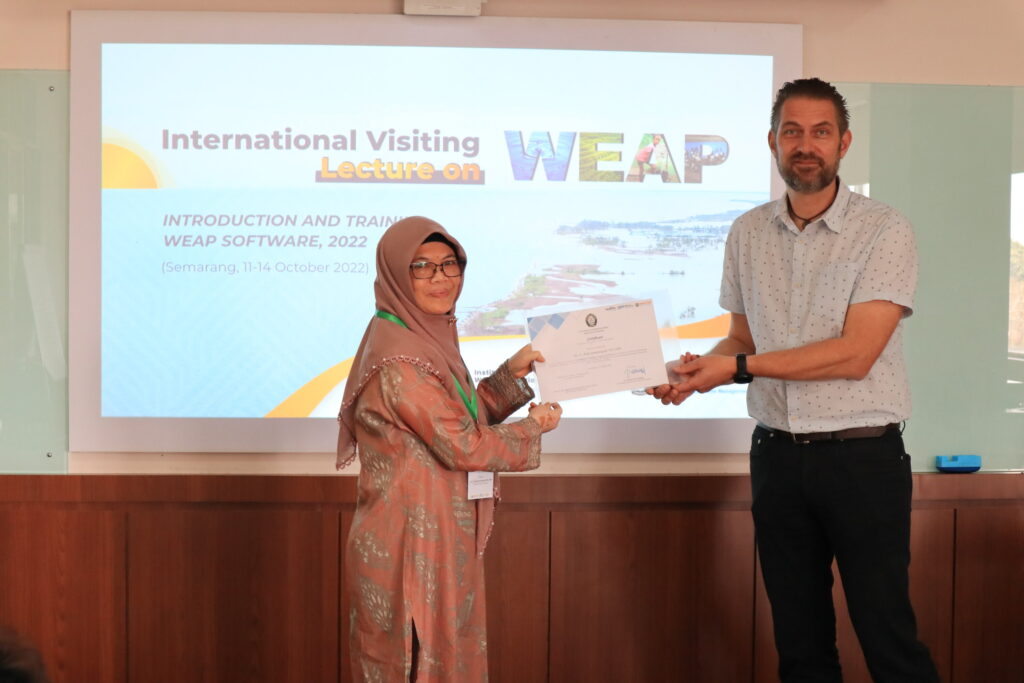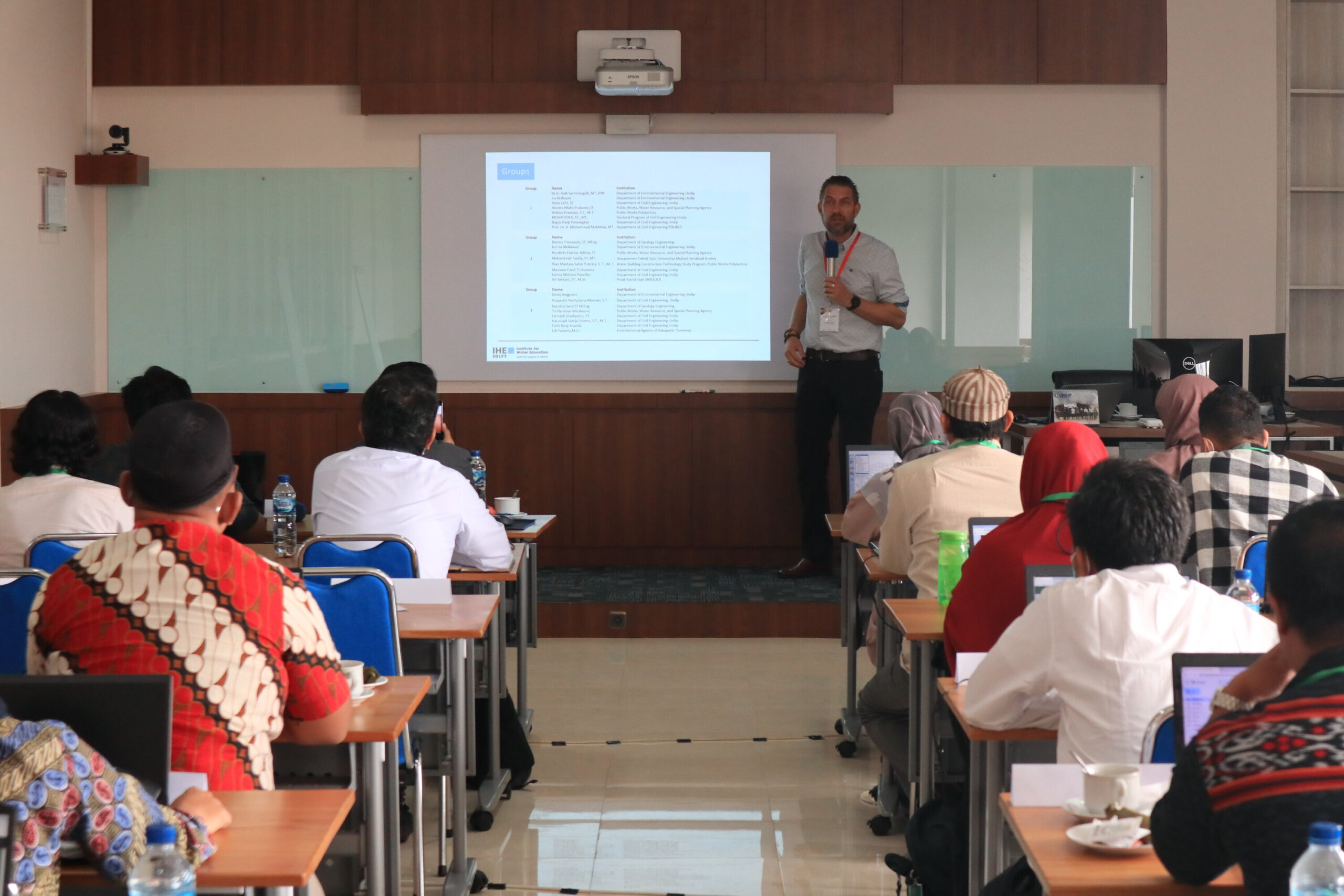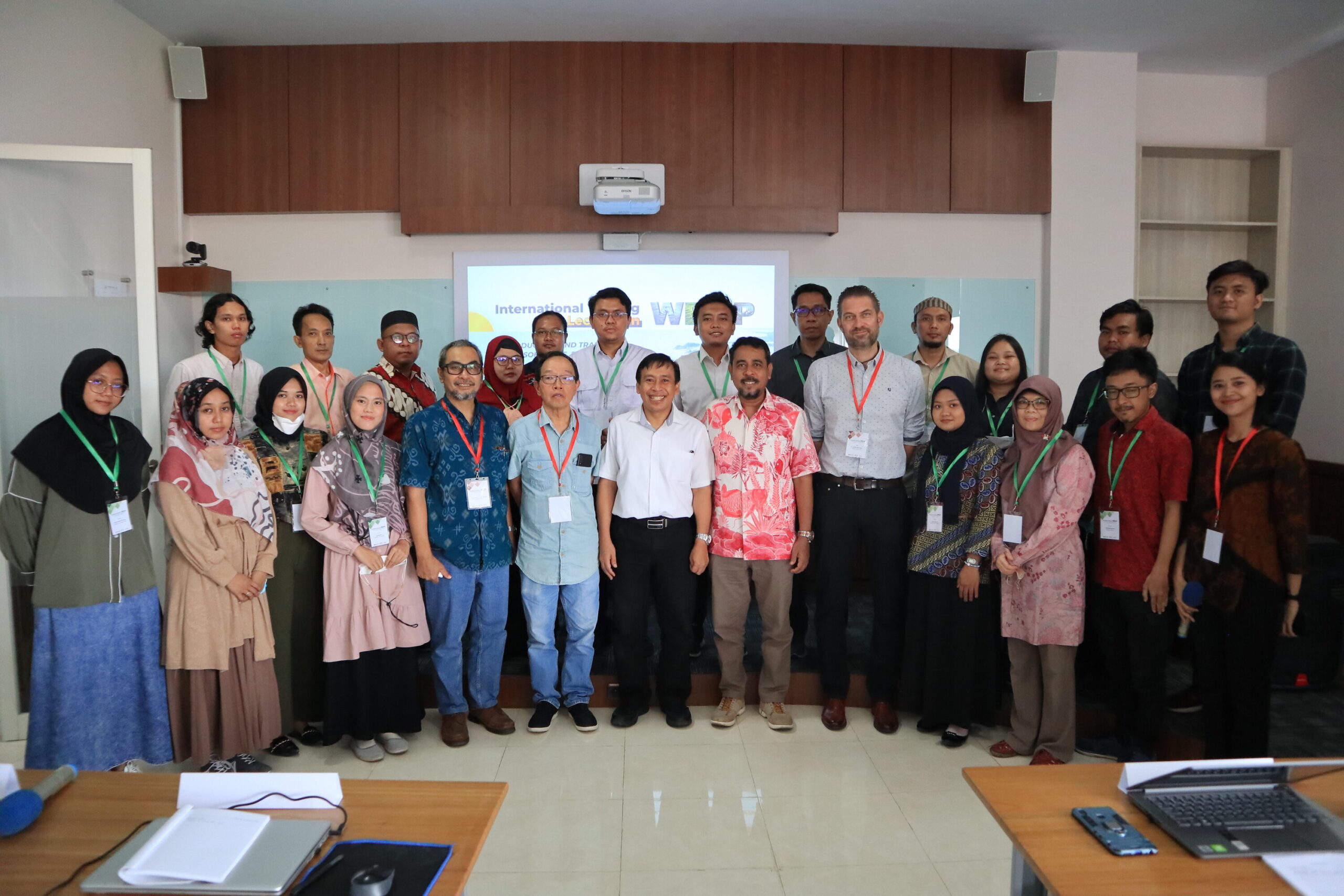• About WEAP
The WEAP application is a computer program created to assist in evaluating water resources and developing sustainable water resources. The principle of water resources management must meet several criteria, including being implemented in an integrated and environmentally friendly manner, managing water infrastructure, and basically in the form of utilization, protection, and control.

The WEAP application was created and developed by the Stockholm Environment Institute – Tellus Institute, Boston, Massachusetts. WEAP operates on the water balance principle and can be applied to urban or agricultural systems and single or cross-regional watersheds. In essence, the administrative boundaries do not limit an area’s water. Meanwhile, the existence of a watershed causes many watersheds that are cross-regional.
In addition, WEAP can simulate various components of natural and engineering systems, including rainfall occurring per unit time, relative water flow, and groundwater recharge from rainfall, water conservation, water policy and allocation priorities, reservoir operations, hydropower generation, quality water supply, vulnerability assessment and ecosystem requirements.

• This training activity is one of the outputs of the international collaboration between Undip and IHE Delft Netherlands with the theme “Integrated Coastal Zone Management”. This collaborative project was funded by the Nuffic Institute for the Orange Knowledge Program (OKP).
• This training was organized by Undip and IHE Delft under the Faculty of Engineering Undip. Through WEAP training, it is hoped that human resources at the Undip Faculty of Engineering, as well as from other institutions, will benefit from an understanding of the WEAP software and be able to apply it in Indonesia to develop a water use allocation plan.
• The four days of training were conducted starting from 11 to 14 October 2022 in the smart classroom of the Dean building. The instructor/trainer who will provide the training is Dr Jochen Wenninger. He is a senior lecturer at IHE Delft, The Netherlands and an expert in Hydrology & Water Resources.
• Participants who participate in this training come from higher education institutions, both from UNDIP and from outside UNDIP, who work as lecturers or students. In addition, some of the participants also came from the government.

